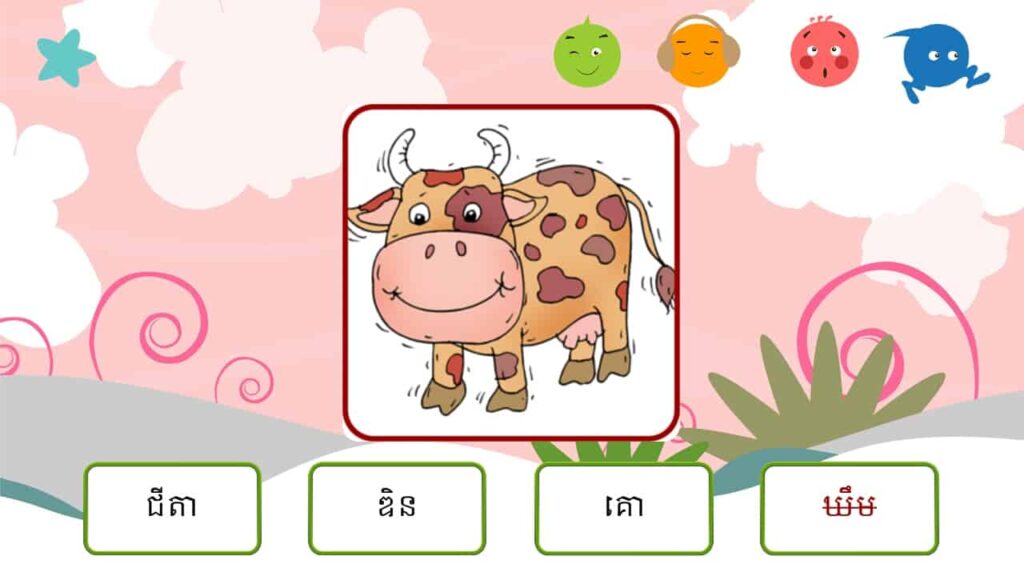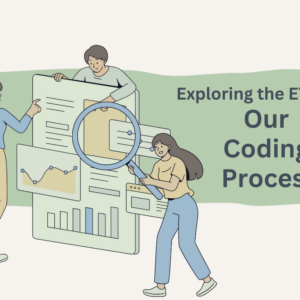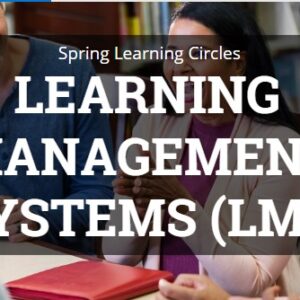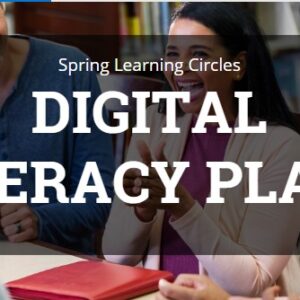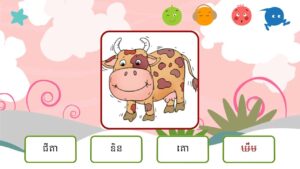
Under the Food For Education (FFE) project, World Education is leveraging mobile tools and technology-enabled solutions to enhance teaching and learning outcomes in Khmer literacy.
The project is using popular social media platforms, such as Facebook and Telegram, teachers can extend their development beyond the FFE trainings and apply new techniques in the classroom.
The FFE team has made nine educational videos showing real Cambodian teachers modeling new techniques in the classroom. These resources were given to teachers on a Micro SD card, which doesn’t require internet access to view. Also found on the Micro SD card is World Education’s Aan Khmer mlearning game for grade 2 and 3 students which is aligned with the Cambodian government textbook and available for free download on Google Play.
Empowering Teachers with Digital Tools
Ms. Pisey is one teacher who has been quick to harness the powers of technology. Poeurn Pisey is a grade 3 teacher with over two years of experience at a rural primary school in Angkor Thom district, Siem Reap province. She is extremely dedicated to her students and supports them in their learning through innovative and engaging techniques. Equipped with new knowledge and resources from the FFE training, Ms. Pisey incorporates mobile applications for literacy learning in her classroom instruction and lesson plans. She found the Aan Khmer mlearning game especially helpful because her students were able to recognize vowel and consonant sounds more clearly.
On the day that the FFE team visited her class, Ms. Pisey had connected her smartphone to a speaker and was using the Let’s Read app to read aloud stories to her students. The FFE team noticed the students actively listening while Ms. Pisey read from her smartphone. The FFE team also learned from Ms. Pisey that she read aloud to her students from both the Let’s Read and SmartBooks app at least two or three times a week during her literacy classes. In addition, Ms. Pisey watched all nine educational videos, gaining insight on new activities. As a result, she has been incorporating bingo and pair-words study games into her classroom lessons.
Ms. Pisey is not only using technology to enhance her students’ learning experience but is also incorporating print materials to motivate students to read and help them develop reading fluency and comprehension. She has been utilizing numerous class sets of reading books provided by the FFE team in her literacy lessons. In addition, she borrows storybooks from Sipar, an NGO dedicated in fighting illiteracy, and encourages her students to take storybooks to read at home.
With resources and training from the FFE project, teachers like Ms. Pisey are becoming more confident and comfortable with integrating technology in their classroom instruction. As a result, access to and integration of technology in the learning process transforms students’ learning and reading outcomes.

